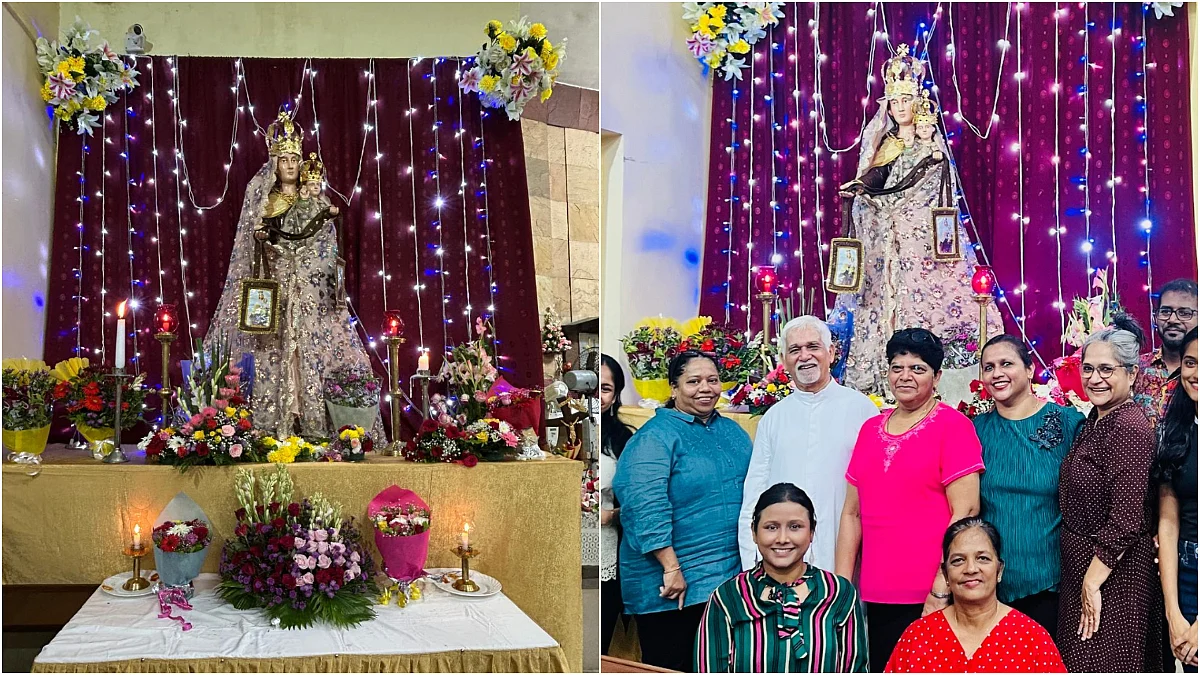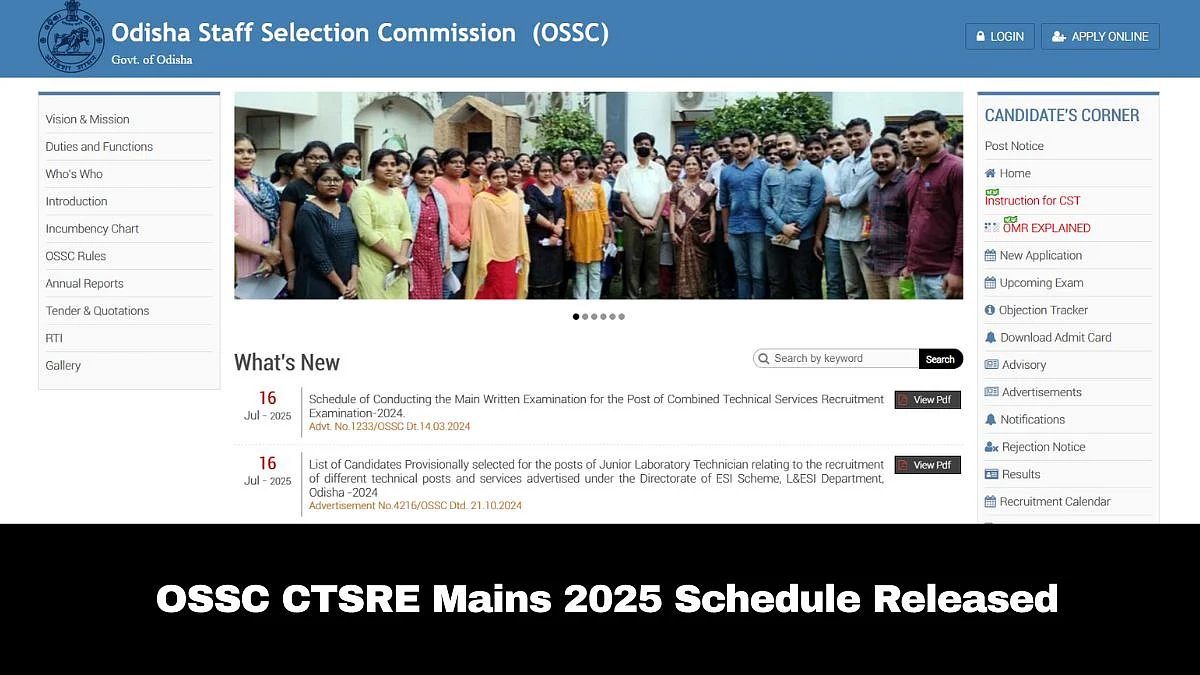Mumbai: It has been more than a year since the Shreemati Nathibai Damodar Thackersey (SNDT) Women's University conducted the admission tests for PhD. The delay has prolonged the wait for female scholars aspiring to pursue research at the state's only women's university.
SNDT University last conducted its PhD Entrance Test (PET) in February last year, following which around 150 scholars were admitted to various departments. The next edition of the exam won't be held until next month in May.
While the exam was conducted twice a year, in the months of July and December, until a few years ago, the admission cycle was disrupted due to the Covid-19 pandemic. The varsity is now trying to bring the PhD admissions back to order. " We are currently preparing the question papers and plan to conduct PET in May. This will allow even working professionals also take the test," said Pradnya Wakpainjan, in-charge Director, Board Of Examinations And Evaluation (BoEE) at SNDT University,
According to Wakpainjan, the university hasn't conducted PET more frequently as there's a long waiting list for candidates keen on securing admissions. "Even after clearing the test, many students are unable to get a slot. Hence, we are verifying the data about the availability of positions for various categories," she said.
For the last two years, SNDT University is working without a full-time head of the examination section, making it difficult to carry out the admission process on time. "We couldn't conduct PET after February as we couldn't find the data about the available slots," said Sanjay Shedmake, Professor at PVDT College of Education, Churchgate, who also handled the additional charge of BoEE Director until a few weeks ago.
Last week, Archana Wankhede, a member of the SNDT University senate wrote a letter to the vice-chancellor, demanding that the PhD admissions should be resumed at the earliest. "The university administration doesn't seem to be sincere about conducting PET. Thousands of students faced academic loss due to this lackadaisical approach," read the letter.











